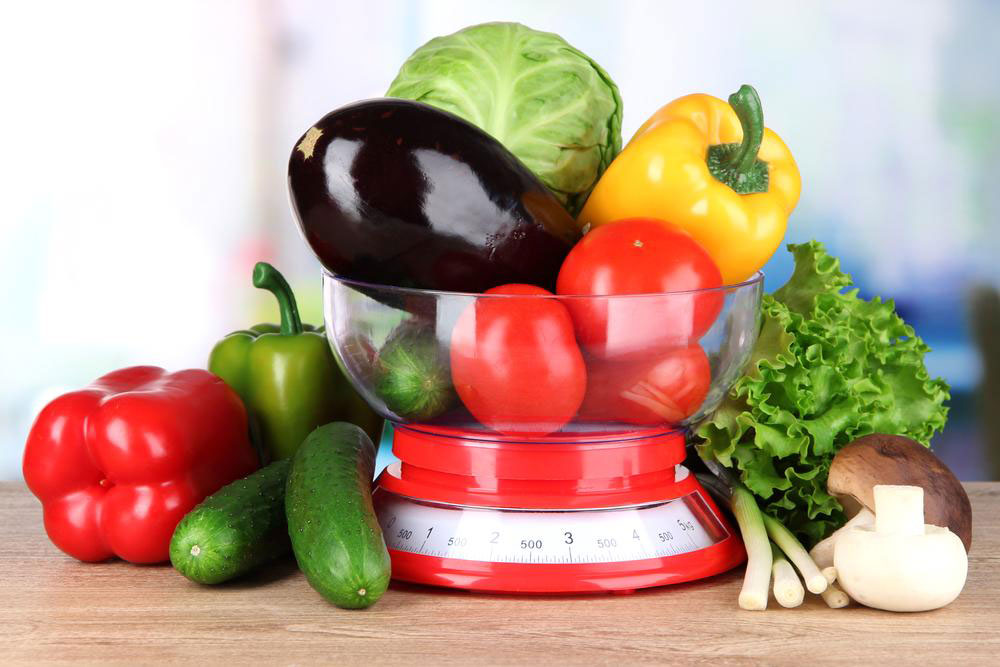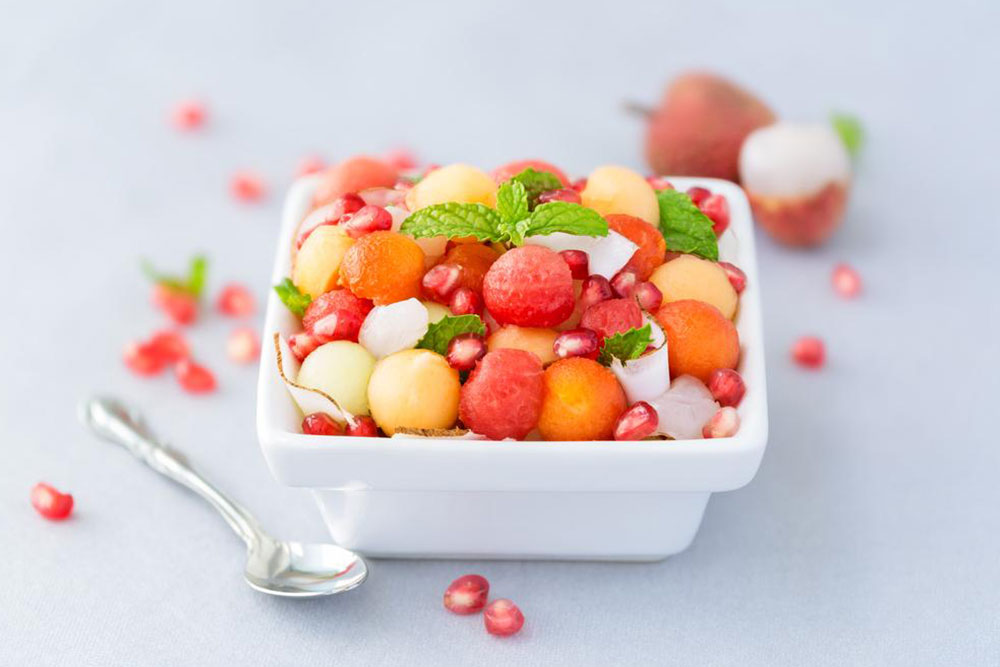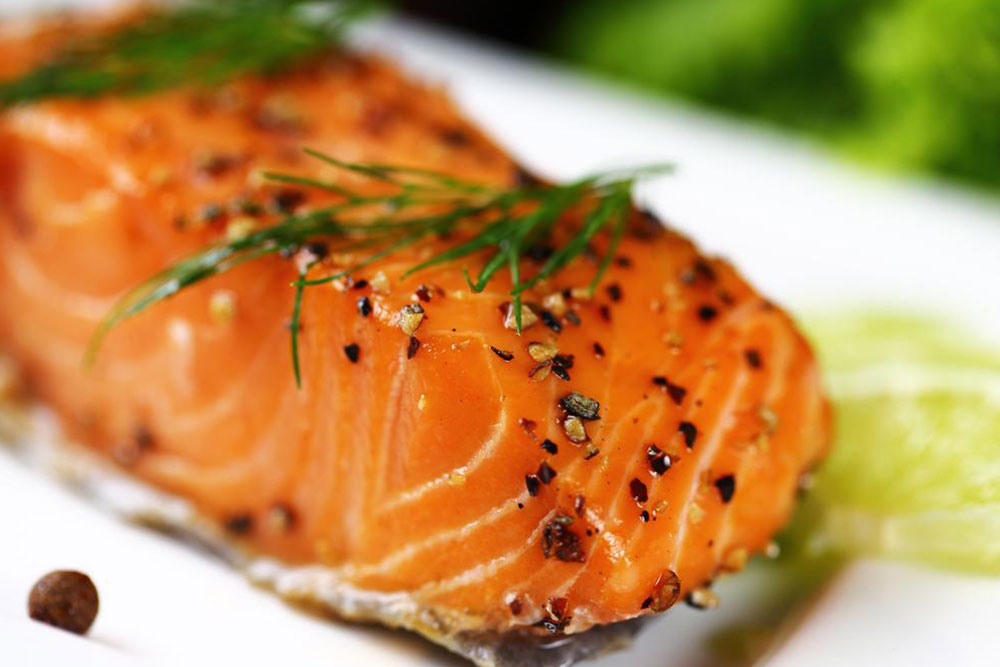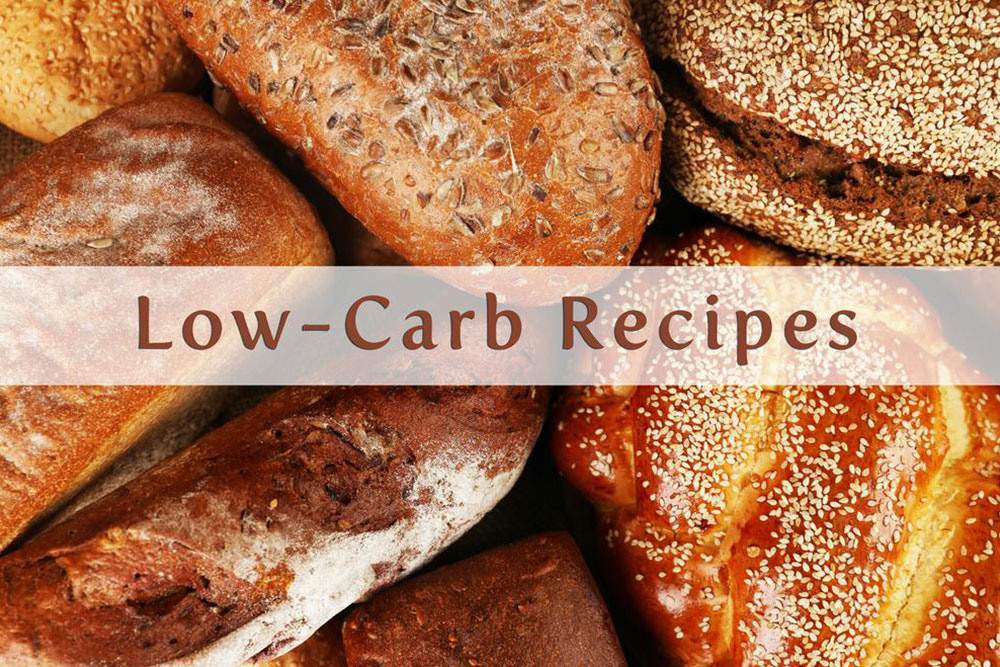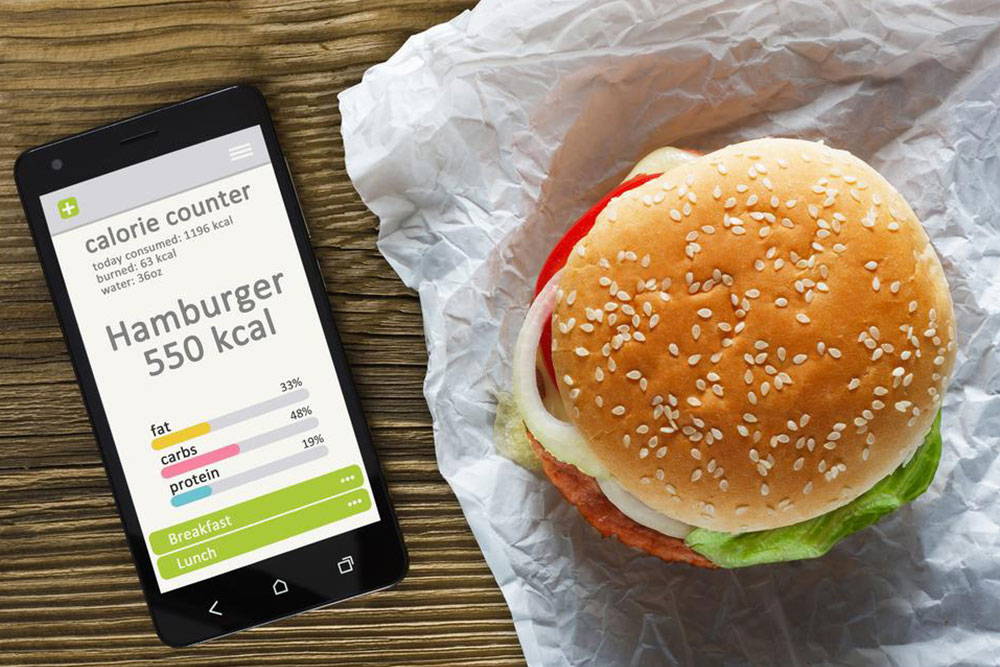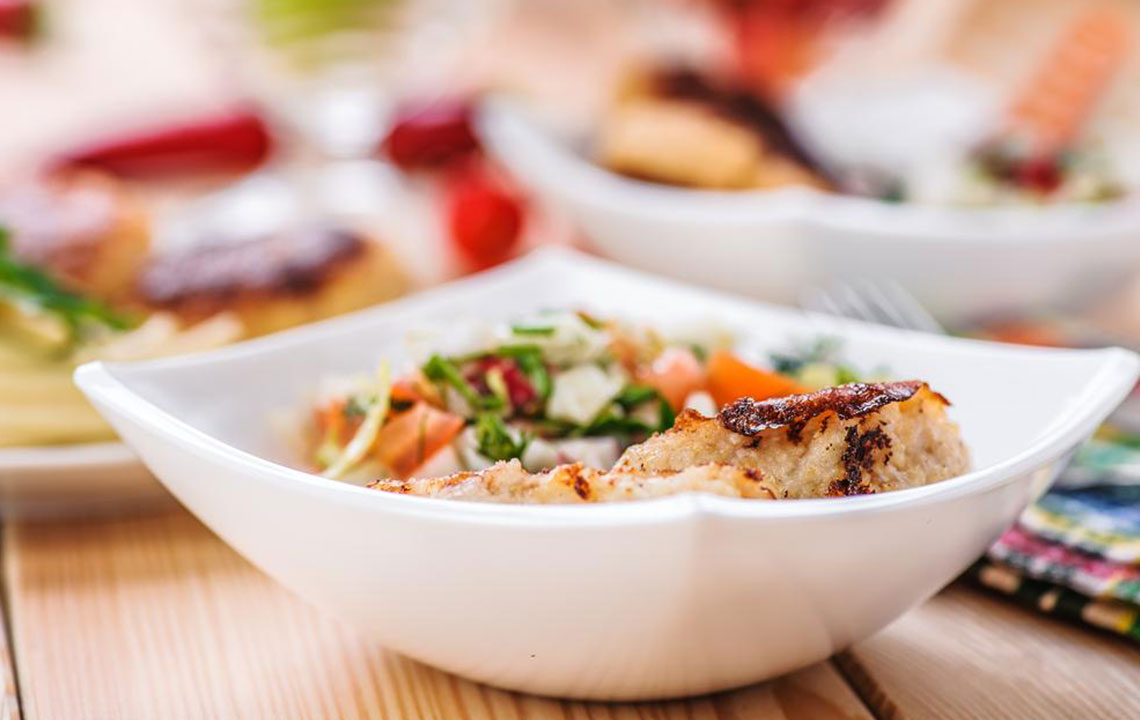Comprehensive 1200-Calorie Meal Plan for Effective and Sustainable Weight Loss
This comprehensive guide provides a detailed 1200-calorie meal plan tailored for effective and sustainable weight loss. It emphasizes nutrient balance, variety, and practical tips to help you achieve your health goals while enjoying delicious, wholesome meals. Perfect for those seeking a flexible, easy-to-follow dieting strategy supported by expert nutritional principles.
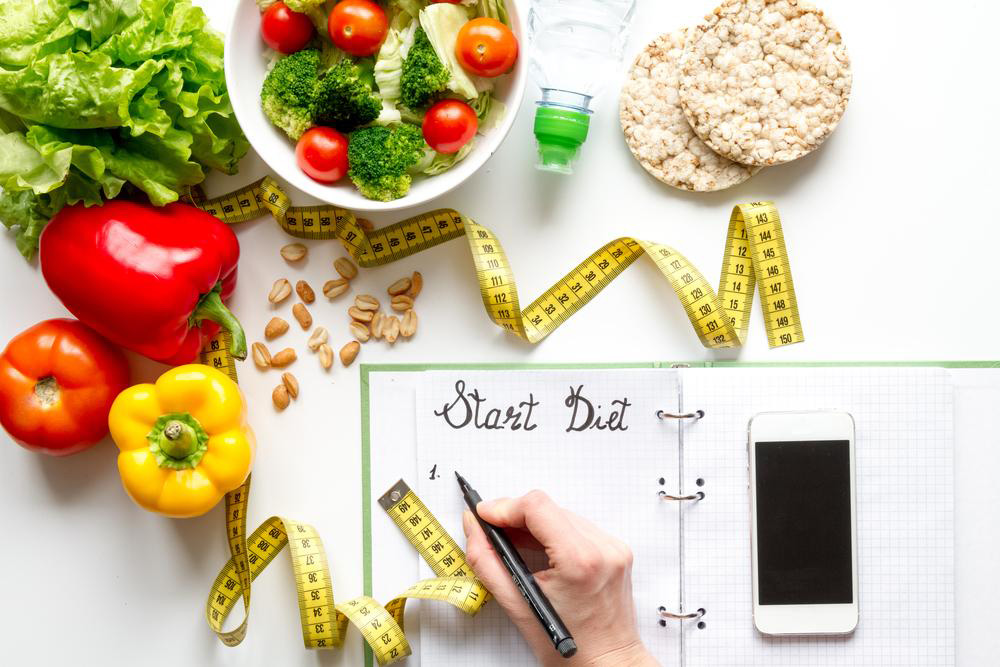
Designing a Balanced 1200-Calorie Daily Meal Plan to Support Weight Loss Goals
Achieving a healthy weight often hinges on striking the right balance of calorie intake and nutritious foods. A structured 1200-calorie meal plan can serve as an effective strategy for individuals aiming to shed excess weight while maintaining essential nutrient levels. Properly planned, such a diet promotes fat loss, preserves muscle mass, and keeps energy levels steady throughout the day. Additionally, implementing free diet meal plans provides a flexible, accessible way to stay on track with your health objectives while enjoying diverse, delicious meals.
When designing a 1200-calorie meal plan, it’s crucial to include a variety of food groups to ensure comprehensive nutrient coverage. This involves incorporating fresh fruits, vegetables, whole grains, lean proteins, and healthy fats into your daily routine. The following detailed meal outline offers a practical, easy-to-follow example that emphasizes both nutrition and satiety, making your weight loss journey more manageable and enjoyable.
Breakfast: Starting the Day with Nutrient-Rich Foods
Kickstart your morning with a breakfast rich in vitamins, minerals, and fiber. A refreshing glass of freshly squeezed orange juice provides a good dose of vitamin C and antioxidants. Complement this with half a cup of oatmeal, which supplies complex carbohydrates to sustain energy levels until your next meal. Adding a serving of low-fat yogurt introduces beneficial probiotics and protein, aiding digestion and promoting satiety.
Enhance your breakfast with healthy carbohydrate options like whole wheat toast topped with a teaspoon of butter, providing fiber and healthy fats. Alternatively, include half a cup of canned fruit cocktail or a glass of skim milk for added calcium and sweetness. These choices ensure you start your day with sustained energy and balanced nutrients, crucial for effective weight management.
Mid-Morning Snack: Maintaining Energy and Preventing Overeating
Mid-morning snacks are essential to prevent hunger pangs and maintain stable blood sugar levels. Choose nutrient-dense options such as a medium banana, which is rich in potassium and fiber, or a colorful fruit smoothie loaded with berries, yogurt, and a splash of almond milk. These choices keep you energized and curb cravings, reducing the likelihood of binge-eating later in the day.
Lunch: Nourishing and Flexible
For lunch, versatility is key. Aim for a balanced combination of lean protein, vegetables, and whole grains. A typical meal might include two slices of whole wheat bread paired with half a cup of tuna or grilled chicken, complemented by a vibrant salad composed of fresh tomatoes, cucumbers, lettuce, a teaspoon of mayonnaise, and a drizzle of olive oil. You can also opt for eight whole wheat crackers topped with half a cup of low-fat cottage cheese, or enjoy a medium-sized apple and a handful of mixed nuts for variety and added healthy fats.
Portion control is critical to adhere to your calorie limits while still enjoying satisfying meals. Incorporating fiber-rich foods like vegetables and whole grains helps promote fullness and supports digestion, aligning with your weight loss goals.
Dinner: End Your Day with Protein and Vegetables
The evening meal should be nourishing and balanced. A good choice is 3.5 ounces of grilled, skinless chicken breast, providing high-quality lean protein while keeping calories in check. Pair this with a cup of steamed broccoli and half a cup of cooked brown rice for a fiber-rich, satisfying meal that promotes muscle repair and sustained energy release.
Alternative dinner options include a small baked potato served with a serving of sirloin steak, sautéed mushrooms and onions, and a medley of seasonal vegetables seasoned with olive oil. Such meals ensure you get essential nutrients while staying within your daily calorie budget, supporting steady weight loss without sacrificing flavor or satiety.
Additional Tips for Success
Consistency and variety are fundamental when following a low-calorie meal plan. Regularly rotating foods prevents dietary boredom and ensures a broad spectrum of nutrients. Monitoring portion sizes, minimizing processed foods, and emphasizing whole foods will maximize your results.
Staying hydrated is equally vital. Drinking plenty of water, herbal teas, or infused water throughout the day can enhance metabolism, curb unnecessary snacking, and improve overall well-being.
In summary, a well-structured 1200-calorie meal plan offers an effective pathway to weight loss, provided it emphasizes nutrient-dense foods, portion control, and balanced macronutrients. Whether you're following a free diet plan or customizing meals to your preferences, the key lies in consistency and mindful eating. Consult with healthcare professionals or registered dietitians to tailor this plan to your specific needs and ensure optimal health and safe weight loss.
